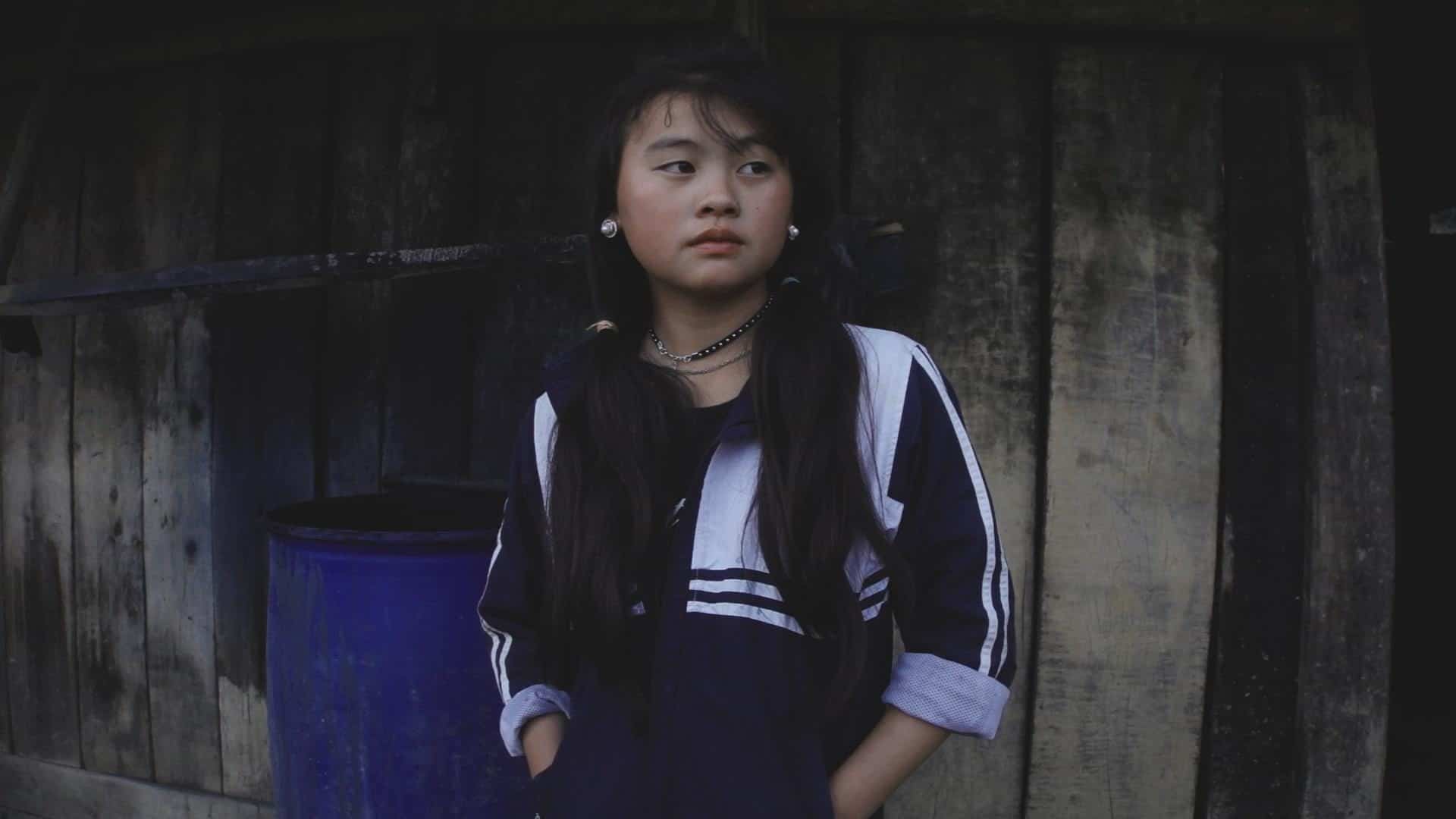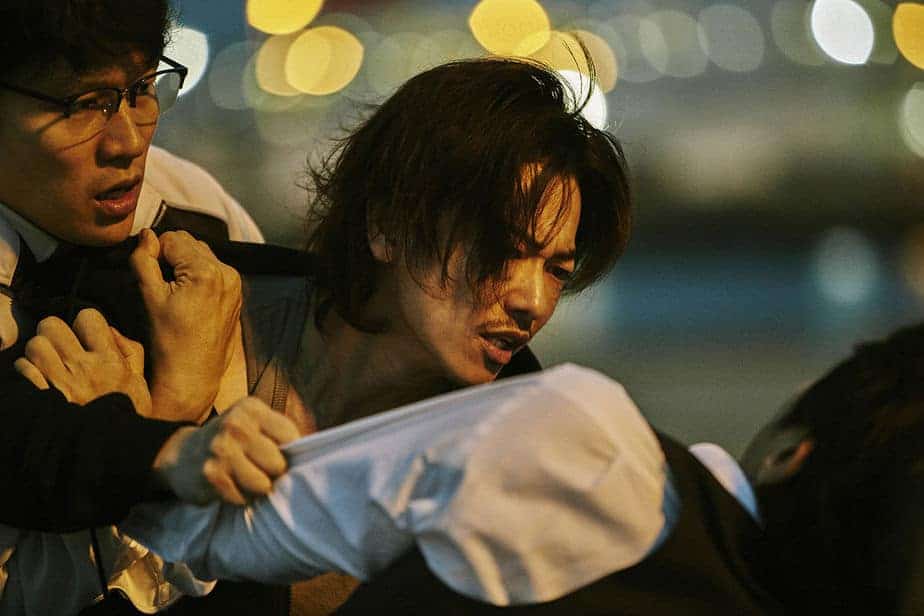Following the very interesting “In the Life of Music”, Cambodian Caylee So now presents a rather different film with “The Harvest”, a Southeast Asian-American story written and starred in by Hmong American actor Doua Moua.
“The Harvest” review is part of the Submit Your Film Initiative

Thai returns to his parents house in Southern California, after a car accident leaves his family in need of his help, but the reunion is anything but idyllic. His father Cher, is as despotic as always, towards both his daughter Sue, and his wife Youa, and the fact that he is experiencing kidney failure but is not willing to take his medicine is not helping at all. His disappointment towards his son is also rather evident, both when he learns that he has quit his job as tutor to work in a restaurant, and because he feels betrayed by his leaving. The whole setting becomes more and more suffocating for everyone involved, as all members seem to harbor secrets of their own, with their attitude, though, being a direct outcome of Cher's behavior.
Caylee So directs a rather realistic family drama, presenting, through the four family members, a number of pointed comments. The difficulties of the lives of immigrants, particularly of the ones that came first to the US is the initial one, but So also shows how these people are “tormenting” their children and are tormenting themselves nowadays, as they fail to adapt to the new norms of American society and to realize that their children are essentially locals much more than Asians. This comment is personified especially by Cher, who feels betrayed by everyone around him, as he cannot fathom why everyone is not acting and thinking exactly like him.
So and Moua could have presented him as a genuine “villain”, considering his attitude, but his illness, the fact that he is essentially weak, and that his notions of betrayal are not completely baseless, make him someone the viewer will feel sorry for, at least as much as angry against. This approach definitely benefits the movie, also because Perry Yung is excellent in the role.
You also represents the difficulties Hmong women of the previous generation face, particularly as their role in the family largely consists of them obeying their husband, a concept that actually annoys her children in this case. The way out she seeks is thus justified, with So making a rather direct accusation towards the concept of the arranged marriage. Dawn Ying Yuen is also quite good in the role.
The comments deriving from Thai are more “universal”, as, apart from the struggle he faces due to the conservatism the previous generation has imposed on their kids, he also has to face a number of issues all youths face nowadays, with employment and lack of time emerging as two central ones, along with the fact that he has to keep a number of aspects of his personality hidden from everyone. The same applies to Sue, even more so since she is an Asian-American woman, with the shadow of the arranged marriage always hanging over her head. The antithesis of the two siblings, with Thai being laconic and almost constantly in deep thoughts, and Sue being constantly cheerful and carefree for the most part, works quite well for the movie, highlighting the chemistry of the two. At the same time, however, and although Chrisna Chhor as Sue is delightful to watch, the same does not apply to Doua Moua as Thai, whose somewhat detached and excessively restrained acting does not help the movie at all, especially since he is the main protagonist, essentially making it very difficult to empathize with him and thus detracting from the dramatic hypostasis of the movie.
Furthermore, the last part of the film, and particularly the way the pace is changed and the twists are presented, do not work particularly well, as they end up being rushed and thus stripped significantly of any kind of impact they could have. The same applies to the very ending, whose symbolism is difficult to realize, even with the help of the narration.
On the other hand, technically the movie is on a very high level. Brian Nguyen's cinematography captures the suffocating settings the family members inhabit with artistry and realism, particularly in the scenes in the house and the hospital. Furthermore, the scenes of the past in Asia are excellently colored and in general shot, to the point that one could wonder if So should make a movie in that direction next. Frank Martinez's editing results in a mid tempo that suits the overall aesthetics of the movie, with the aforementioned exception of the last part.
In the end, “The Harvest” is definitely a movie above average, but the aforementioned issues prevent it from becoming anything more.
















